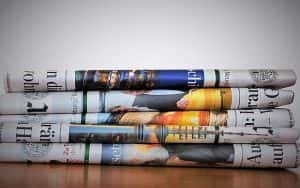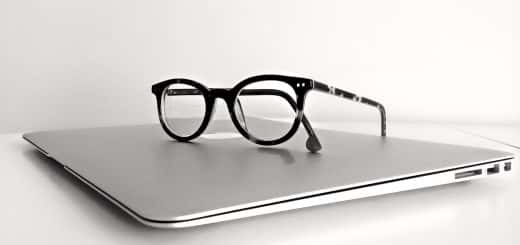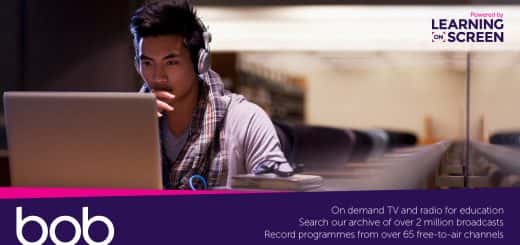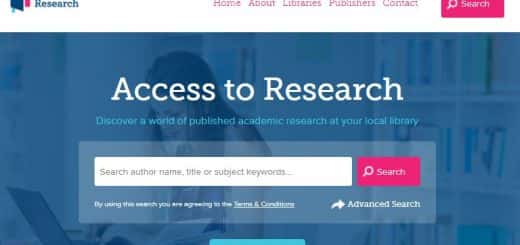News of the World

You may have heard on social media, on the radio or television that you cannot trust news information. Or that newspapers are biased.
In the past I used to manage a press cuttings library in a research institute and selected newspaper articles on a daily basis that I would use with the editor to create a chronology of world events for the annual publication Strategic Survey. The services my library offered met the needs of researchers and analysts for news and defence related information which they used to create research papers and publications. My team would help the editors in checking the sources used, facts and references. Newspapers as well as academic journals were our essential sources.
What I learnt from my work was that we needed to cross check facts and find the original sources by using multiple newspapers, journals and news sources. The same applies to handling news material in social media and newspapers today. To help you do a health check on whether an information source is worth using or not then use our Evaluating Information checklist. Newspapers were particularly valuable to us as they come out every day and are prime pointers for government reports, research papers from think tanks and reports from charities and Non-Governmental Organisations. All of these types of information resources are essential for Childhood Studies, Community and Youth Work, Criminology, Health and Social Care, Policing, Social Work and Sociology. This is why the newspaper archive that the University of Sunderland Library subscribes to Newsstream is valuable to you for your research.
Newsstream contains online full-text access to over 600 UK regional, national and broadsheet newspapers as well as international press such as The Financial Times, The Guardian, The Wall Street Journal, The New York Times, The Washington Post, The Bangkok Post, South China Morning Post, Asian Wall Street Journal, and the Jerusalem Post. Coverage goes back as far as January 1982 to the present day for some titles, although this varies by publication.
Remember, you might also be interested in how the news is reported on the TV and radio, and if you are in the United Kingdom you can use Box of Broadcasts to do the same types of searching as you can in Newsstream for print media. More about how to do news research in BoB and on the web can be found here.
Why should I use Newsstream when I can just look on Google?
- No paywall in Newsstream – the library has paid on your behalf.
- Not just online content – you get the entire archive of what appeared in print and online. In free newspaper archives you never know what will be there and what won’t.
- See how the same event is covered by different newspapers and authors. Newsstream has all the content in one place, rather than having to go to each news outlet’s individual website.
- Newsstream sometimes has the pdf of the layout of print news magazines
- Search precisely and comprehensively – Newsstream is designed for research and scholarship whereas Google is designed to harvest your data.
- More!
My colleague Leah has created a 10-minute video tutorial which walks you through how to access Newsstream from anywhere you have Internet access. There’s a bit at the end that covers how to include a newspaper article in your essay’s bibliography.


